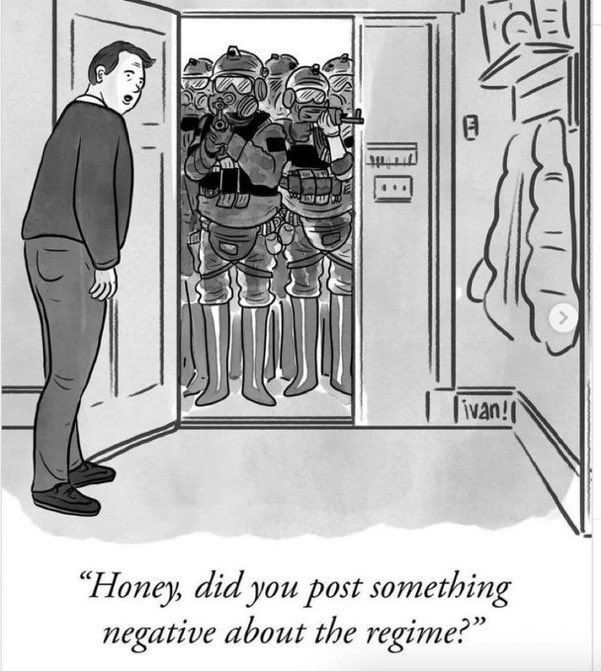Stephen I. Vladeck
Stephen Isaiah Vladeck is an American legal scholar. He is a professor at the Georgetown University Law Center, where he… more

by Stephen I. Vladeck — Reposted by Stephen I. Vladeck, Laurent Pech
www.stevevladeck.com/p/183-the-mi...

Reposted by Stephen I. Vladeck
In her non-judicial appearance on Fox yesterday, Barrett was decidedly less thoughtful when defending the Court's shadow docket behavior.

Reposted by Stephen I. Vladeck

by Stephen I. Vladeck — Reposted by Stephen I. Vladeck
www.stevevladeck.com/p/183-the-mi...

“Mommy, he’s cyberbullying me!”
Me: “You’re not complaining, are you?”
9YO: “No. I’m just stating my feelings in an aggravated tone!”
It’s pretty tiresome, it’s not new, and it’s enabling all kinds of behavior that is bad for the Court and the country—a possibility these folks refuse to even consider.
More on that here: www.stevevladeck.com/p/38-origina...
On IL v. TX, specifically: www.stevevladeck.com/p/176-illino...

Reposted by Stephen I. Vladeck, Joseph Schafer
"[A] federal officer today faces almost no meaningful specter of losing a damages lawsuit even for actions that violate clearly established constitutional rights."
www.stevevladeck.com/p/bonus-182-...

by Stephen I. Vladeck — Reposted by Stephen I. Vladeck
Me in today’s bonus issue of “One First”:

Reposted by Stephen I. Vladeck, Timothy Snyder, James Grimmelmann

The reason why Congress delegated this power was the fact that Congress was *out of session* for more than two-thirds of every year, and wasn't in a position to respond immediately to emergencies.
2) The article itself rather specifically discusses this.
by Stephen I. Vladeck — Reposted by Stephen I. Vladeck, Anna O. Law, David R. Miller
In @nytopinion.nytimes.com, me on why the real issue in Portland, Chicago, and elsewhere is the missing / contrived factual predicate:

More details here:


Reposted by Stephen I. Vladeck

They also explain why that doesn’t help him.
www.stevevladeck.com/p/181-courts...

by Stephen I. Vladeck — Reposted by Robert C. Richards
Umm…


